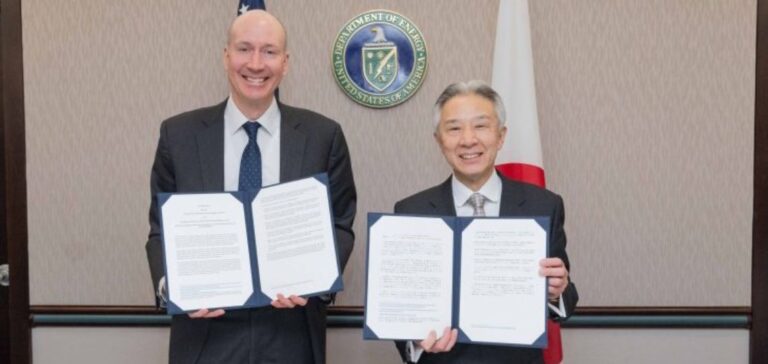David Turk, U.S. Assistant Secretary of Energy, and Masahito Moriyama, Japan’s Minister of Education, Sports, Science and Technology, announced a partnership to advance the U.S. Bold Ten-Year Vision for Commercial Fusion Energy and Japan’s Strategy for Fusion Energy Innovation.
History of collaboration
This partnership builds on a long history of collaboration in the field of fusion, governed by the Comité de Coordination sur l’Énergie de Fusion (CCFE) created in 1979, and currently implemented under a 2013 intergovernmental agreement. Both nations are also involved in the ITER multinational fusion project.
Partnership objectives
The partnership aims to develop complementarity between US and Japanese fusion resources and facilities, including those of universities, national laboratories and private companies. It will focus on six main pillars, including addressing the scientific and technical challenges to make fusion energy commercially viable.
Global implications and commitments
In a joint statement, Japanese Prime Minister Kishida and US President Joe Biden expressed their commitment to accelerating the global transition to zero-emission energy. They discussed the modernization of power grids and the expansion of power purchase agreements to support access to clean energy.
The two countries plan to launch the Fukushima Daiichi Decommissioning Partnership with Tokyo Electric Power Company and US national laboratories to deepen research cooperation. They also recognize the vital role of nuclear energy in accelerating the energy transition and strengthening energy security.






















